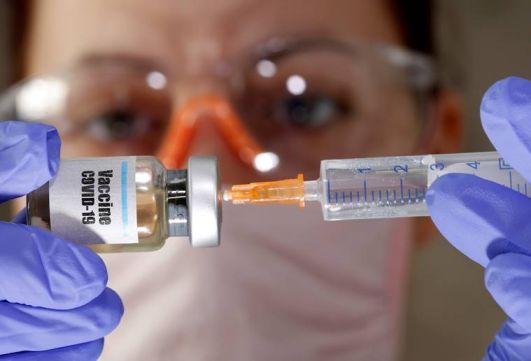In a preliminary analysis of saliva samples from 150 children, the researchers found that levels of two cytokines were higher in those with severe COVID-19 than those without. According to the researchers, once a person becomes infected with COVID-19, biomarkers could control inflammation in the body and predict the severity of the infection.
The use of saliva to predict the severity of an infection is non-invasive or painful. If proven effective, saliva can be a critical factor in children who are difficult and stressful to collect blood. In addition, early detection can be a determining factor of COVID-19 severity will help doctors initiate timely and appropriate treatment that may help improve outcomes, study author Usha Sethuraman, MD, said in a press release.
So far, many children who have tested positive for COVID-19 have mild infections, but there is no guarantee that this will continue to be the case with the newer variants. Some children have developed serious complications such as respiratory failure or heart infections, according to the researchers.
Cytokines are proteins found in blood and saliva that could trigger a response to a COVID-19 infection. Studies in adults have shown that certain cytokines are elevated in the blood of COVID19 patients and, with predictive analysis, could determine the severity of the infection.
According to the researchers, the study aims to develop a method to identify children at severe risk of COVID-19 by integrating biomarkers and social determinants of health using artificial intelligence. The researchers are also in the process of taking saliva samples from 18-year-olds and teens who tested positive for COVID-19.
Patient records are from Children’s Hospital of Michigan and UPMC Children’s Hospital in Pittsburgh. Analysis of the saliva sample is performed at Penn State School of Medicine, while Wayne State University uses artificial intelligence to create the model.
In addition to finding that the levels of two cytokines (MIG and CXCL10) in the preliminary analysis were higher in severe COVID-19 patients compared to those without severe infection, it was found that dozens of microRNA levels were altered The majority of them are significantly less in the saliva of children with severe infections, the press release said.
Ongoing analysis will seek validation of the results and confirm the importance of salivary cytokines and microRNAs in combination with social factors, including where a child lives.
The study is supported by a grant from the Eunice Kennedy Shriver National Institute of Child Health and Human Development through the Rapid Acceleration of Diagnosis program of the National Institutes of Health (1R61HD105610).
Source link




